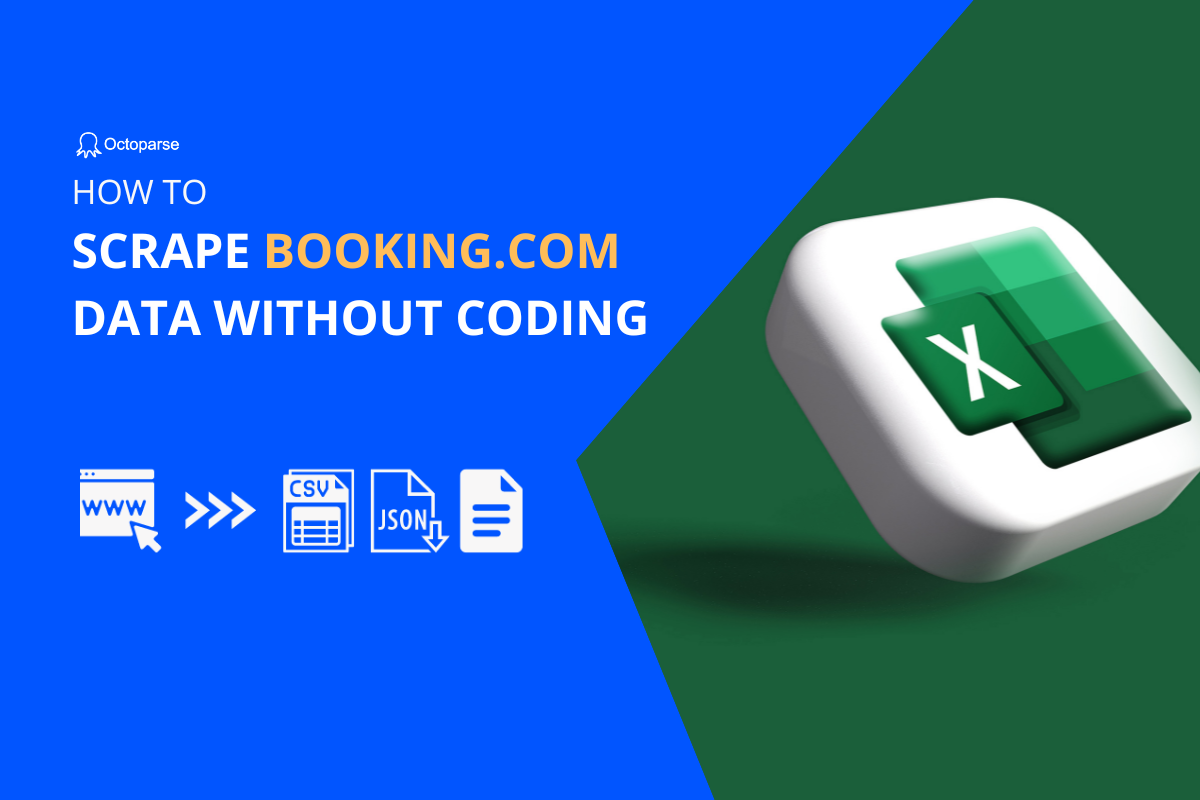
The Hidden World of Hotel Data: Why Scraping Matters
Imagine having instant access to every hotel‘s pricing, availability, and customer sentiment across global markets. This isn‘t a fantasy—it‘s the power of strategic web scraping, and Booking.com represents the ultimate treasure trove of hospitality intelligence.
In today‘s hyper-connected digital landscape, hotel data has transformed from a niche interest to a critical business asset. Whether you‘re a market researcher, tech entrepreneur, or data enthusiast, understanding how to ethically and effectively extract hotel information can unlock unprecedented insights.
The Data Revolution in Hospitality
The travel industry generates massive amounts of data every second. Booking.com alone processes over 1.5 million nightly bookings across 223 countries, creating an intricate web of information that‘s ripe for strategic extraction. But accessing this data isn‘t just about collecting numbers—it‘s about understanding complex market dynamics.
Understanding the Technical Landscape of Web Scraping
Web scraping hotel data isn‘t a monolithic process but a nuanced art form requiring multiple technical skills and strategic approaches. At its core, scraping involves extracting structured information from websites using specialized tools and programming techniques.
The Technical Toolkit: Languages and Frameworks
When approaching hotel data extraction, you‘ll encounter several powerful programming languages and frameworks:
Python: The Data Extraction Powerhouse
Python remains the gold standard for web scraping, offering robust libraries like Scrapy, BeautifulSoup, and Selenium. These tools provide developers with unprecedented flexibility in navigating complex website structures.
import requests
from bs4 import BeautifulSoup
def extract_hotel_details(url):
response = requests.get(url)
soup = BeautifulSoup(response.content, ‘html.parser‘)
hotel_name = soup.find(‘h1‘, class_=‘hotel-title‘)
hotel_price = soup.select_one(‘.price-container‘)
return {
‘name‘: hotel_name.text if hotel_name else ‘N/A‘,
‘price‘: hotel_price.text if hotel_price else ‘Not Available‘
}JavaScript Frameworks: Dynamic Content Handling
For websites with complex JavaScript rendering, frameworks like Puppeteer provide advanced browser automation capabilities, allowing seamless interaction with dynamically loaded content.
Legal and Ethical Considerations: Navigating the Gray Areas
Web scraping exists in a complex legal landscape. While extracting publicly available data isn‘t inherently illegal, how you collect and use that data matters significantly.
Key Legal Principles
- Respect website terms of service
- Avoid overwhelming server resources
- Do not republish entire datasets
- Maintain individual privacy standards
Advanced Extraction Strategies
Proxy Management and IP Rotation
Professional scrapers understand that successful data extraction requires sophisticated IP management. By implementing rotating proxy servers and introducing strategic request delays, you can minimize detection risks and maintain extraction reliability.
Proxy Rotation Example
proxies = [
‘http://proxy1.example.com‘,
‘http://proxy2.example.com‘,
‘http://proxy3.example.com‘
]
def rotate_proxy():
return random.choice(proxies)Handling Anti-Scraping Mechanisms
Modern websites implement increasingly complex anti-scraping techniques. Successful extraction requires understanding and circumventing:
- CAPTCHA challenges
- Dynamic content loading
- User-agent detection
- Behavioral pattern recognition
Data Processing and Transformation
Raw scraped data rarely arrives in a usable format. Effective data scientists implement comprehensive transformation workflows:
- Cleaning: Remove duplicates and standardize formats
- Enrichment: Append additional contextual information
- Validation: Ensure data integrity and accuracy
- Normalization: Create consistent data structures
Market Applications and Value Proposition
The true power of hotel data scraping extends far beyond simple information collection. Strategic insights can drive:
- Competitive pricing analysis
- Market trend forecasting
- Investment decision support
- Machine learning model training
- Customer behavior research
Emerging Technologies: The Future of Data Extraction
Artificial intelligence and machine learning are rapidly transforming web scraping capabilities. Advanced natural language processing can now extract nuanced sentiment from customer reviews, while predictive algorithms can anticipate market shifts with unprecedented accuracy.
Practical Implementation: A Step-by-Step Approach
- Select Your Tools: Choose between no-code platforms like Octoparse or programming-based solutions
- Define Extraction Parameters: Determine specific data points of interest
- Develop Extraction Strategy: Create robust, adaptable scraping workflows
- Implement Error Handling: Build resilient extraction mechanisms
- Process and Validate Data: Ensure high-quality, actionable information
Conclusion: Transforming Data into Strategic Advantage
Web scraping hotel data represents more than a technical exercise—it‘s a strategic approach to understanding complex market ecosystems. By combining technical expertise, legal awareness, and strategic thinking, you can transform raw web information into powerful business intelligence.
The journey of data extraction is continuous, demanding constant adaptation and learning. Embrace the challenge, stay curious, and remember: in the world of data, knowledge truly is power.










